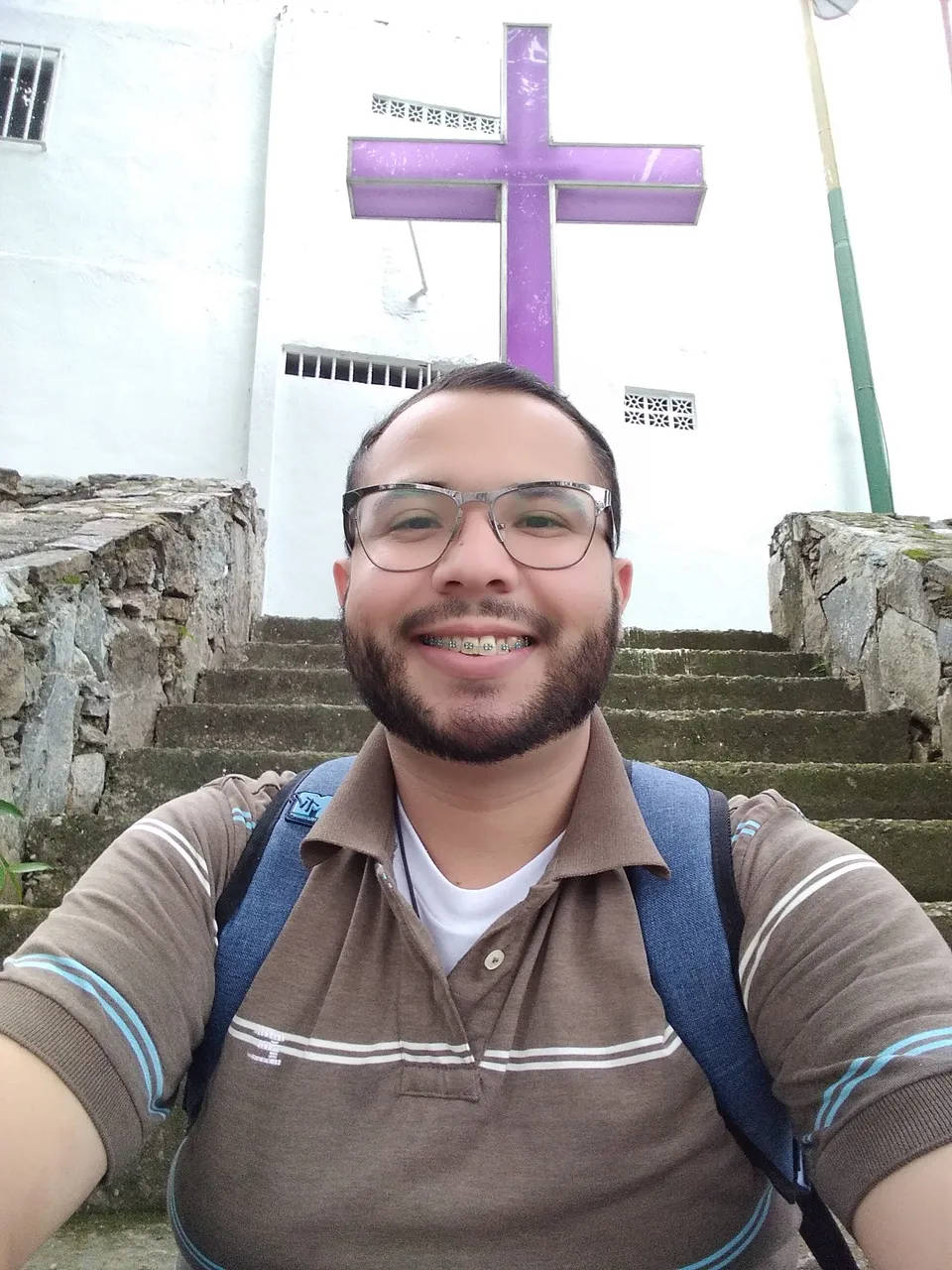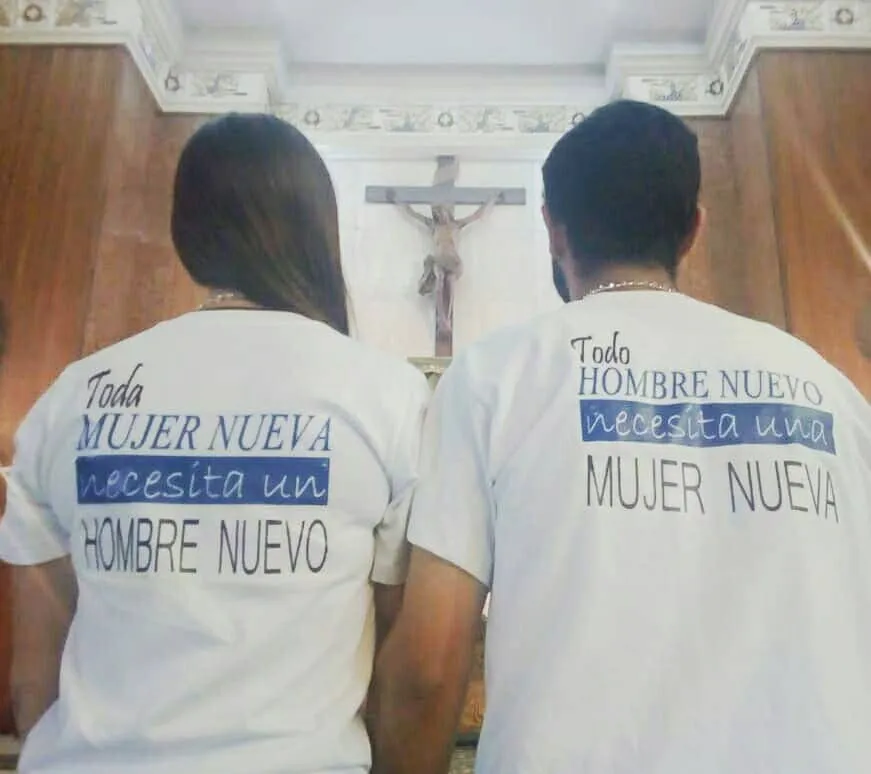
Fuente: Imagen de la iniciativa de Humanitas
Hola a todos y en especial a la comunidad #humanitas que semana a semana está promoviendo la lectura y reflexión acerca de temas humanos que tanto nos compete. He estado intentando por días la elaboración de este post, sin embargo no había podido salir por diferentes razones pero como dice un viejo amigo ¿Bendición o maldición, solo Dios lo sabe?
A propósito de esta última afirmación debemos ya mencionar que esta semana la iniciativa está enmarcada en lo teológico. La pregunta ahora es, ¿Existe Dios? Es lo que han buscado responder muchos historiadores, incluso los agnosticos, pero debemos tener presente algunas palabras de San Anselmo que insistía que negar la presencia de un Dios daba ya existencia todo es a razón de San Anselmo por aquello de que si no existiera no hubiese Sido pensado.
Hello everyone and especially to the #humanitas community that week after week is promoting reading and reflection about human issues that concern us so much. I have been trying for days the elaboration of this post, however I had not been able to leave for different reasons but as an old friend says Blessing or curse, only God knows?
Regarding this last statement we should already mention that this week's initiative is framed in the theological. The question now is, Does God exist? This is what many historians, even agnostics, have tried to answer, but we must keep in mind some words of St. Anselm who insisted that denying the presence of a God already gave existence, all this is due to St. Anselm because if he did not exist he would not have been thought of.

La teología es mucho más que un nombre y está compuesta por grandes teólogos que desde su ser brotaba un pensamiento como oración o acercamiento a ese Dios que todo lo puede, un Dios Omnipotente y Omnipresente que se traduce en aquel que lo puede todo y está en todo. Un problema teológico que siempre ha costado digerir es el de la Santísima Trinidad, frecuentemente los católicos repiten un mismo Dios 3 personas distintas, ¿Cómo entenderlo?
San Agustín en De Trinitate (8, 8, 12; 8, 10, 14) desarrolla: "Ves a la Trinidad si ves al amor, así que son tres: El Amante, El Amado, y el Amor" todos estos tienen una connotación que los identifica (El amante es el Padre, el Amado es el Hijo y el Amor el Espíritu Santo) la relación del Espíritu Santo es operativa, generadora, digo esto porque hará la conexión entre el Amante y el Amado. Pero aún este post no acaba
Theology is much more than a name and is composed of great theologians who from their being sprouted a thought as a prayer or approach to that God who can do everything, an Omnipotent and Omnipresent God that translates into the one who can do everything and is in everything. A theological problem that has always been difficult to digest is that of the Holy Trinity, Catholics often repeat the same God 3 different persons, how to understand it?
St. Augustine in De Trinitate (8, 8, 12; 8, 10, 14) develops: "You see the Trinity if you see Love, so they are three: The Lover, The Beloved, and Love" all these have a connotation that identifies them (The Lover is the Father, the Beloved is the Son and Love the Holy Spirit) the relationship of the Holy Spirit is operative, generative, I say this because it will make the connection between the Lover and the Beloved. But this post is not over yet

El tema teológico siempre será de interés aunque sea poco comentado, es tanto que tenemos películas a nivel científico para responder a la existencia, una vez leía que la Trinidad es como las puerta de una casa, el Padre es la puerta, el Hijo es la Manilla y el Espíritu Santo la llave de acceso. Ahora bien, ¿Existe Dios? El papa Benedicto XVI en una oportunidad desarrollando una catequesis a los niños de una comunidad de Italia fue sorprendido por esta pregunta "Mi catequista me dijo que Dios existe, ¿Pero cómo es posible, yo no lo veo?
El papa sonriente le responde "Las cosas más esenciales y grandes de nuestra vida no la vemos. Por ejemplo, tenemos la luz y no la vemos". Creo que en ese momento el niño quedó satisfecho y muy pensativo así como puedes estar en este momento pero es que hablar de ese Ser Trascendental es irnos más allá de lo que pudiéramos imaginar el mar y lo decía San Anselmo: "Dios es mucho más que el fondo del mar" y tú¿Que piensas de la existencia de Dios?te invito a participar @leonelysmb @leydil @josebenavente
The theological theme will always be of interest even if it is little commented, so much so that we have films at a scientific level to answer the question of existence, I once read that the Trinity is like the door of a house, the Father is the door, the Son is the handle and the Holy Spirit is the access key. Now, Does God exist? Pope Benedict XVI in a catechesis to the children of a community in Italy was surprised by this question "My catechist told me that God exists, but how is it possible, I do not see him?
The smiling pope replied "The most essential and greatest things in our life we do not see For example, we have the light and we do not see it". I believe that at that moment the child was satisfied and very thoughtful, just as you may be at this moment, but to speak of this Transcendental Being is to go beyond what we could imagine the sea, as Saint Anselm said: "God is much more than the bottom of the sea" and you, what do you think about the existence of God? I invite you to participate @leonelysmb @leydil @josebenavente

Fuente: Imagen realizada en canva
Traducción al Inglés desde Deepl.com
English translation from Deepl.Com